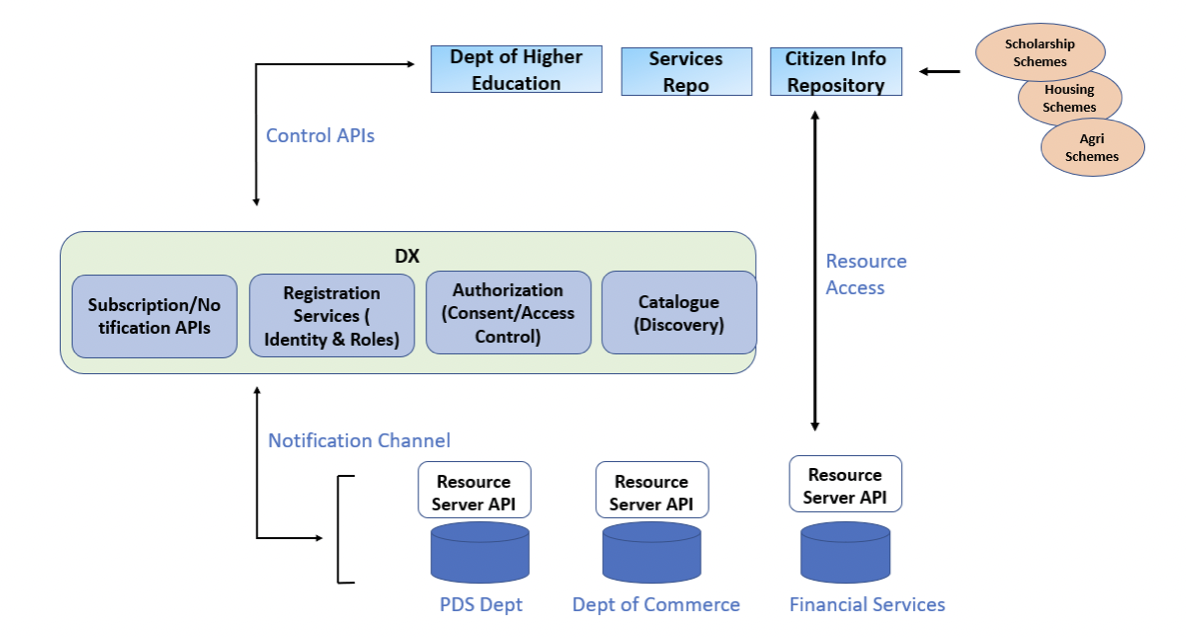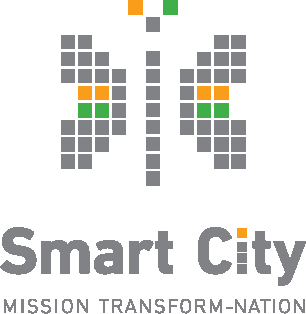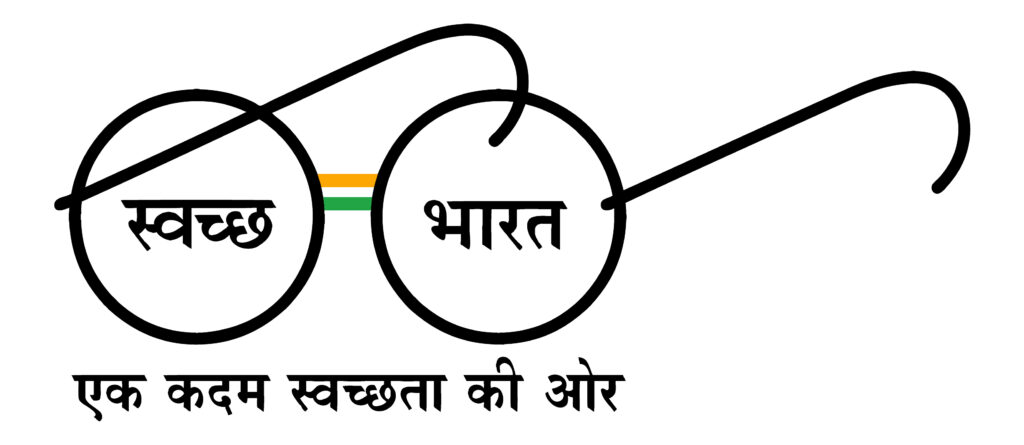One of the fundamental responsibilities of the government is to provide services and benefits to its citizens. These services and benefits may be welfare-centric schemes like Direct Benefit Transfer (DBT), regulatory services abiding by the law, statutory services, and consumer utility services such as water supply, electricity, and other basic amenities.
In FY 22-23, there has been a total of 318 DBT schemes from 53 ministries with a benefit transfer of INR 2,14,051 Cr. Further, as per the data up to 2021, various governance reforms have led to the removal of duplicate/fake beneficiaries e.g., identifying around 4.11 Cr duplicate/fake/non-existent beneficiaries under the Pahal Scheme, 3.99 Cr fake/non-existent beneficiaries under PDS Schemes, ~24 lakh fake/non-existent beneficiaries under various scholarship schemes and so on, manifesting an estimated gain of around INR 2,22,968 Cr.
Despite the regulatory backup for offered services, availing them by citizens has various challenges such as tedious and repetitive processes requiring multiple office visits with manual interventions, unassured timelines and the government’s limited resources, etc.
Below are a few of the reasons for problems associated with the e-governance setup in the current scenario:
- Individual departments driving various schemes, although digitized, contain data of beneficiaries with disparity.
- Planning, implementation and execution of schemes are done on outdated data resulting in the exclusion of the deserving beneficiaries hence, inappropriate budgetary estimation, involves non standardized approach and requires manual intervention respectively.
- There is a lack of awareness, accessibility, feedback/grievance handling channel and efficient process
IUDX Powered e-Governance System
The above issues call for an advanced e-Governance framework that should be fully digital, automated, proactive and scalable. Such a framework should contain a secure and consent-driven Data Exchange like IUDX at its core, which is positioned between multiple government departments to keep them in sync and further powers multiple citizen and services-centric repositories on which public services/schemes can be mounted.
A few of the use cases of such a framework would be:
- In case of death of a person, all the respective stakeholders viz. driving license, ration card, passport, etc. subscribed to the former department would nullify their respective documents, hence preventing any identity fraud
- Property exchange information being intimated to the income tax department
- Powering various citizen-centric repositories to build schemes/public services viz. housing schemes, educational schemes, etc. using the same
Below diagram depicts the high-level entities participating in the system:
All the departments willing to participate in the e-Governance system will have to implement APIs compatible with IUDX Standards. Of course, stub code for the same is available as an open-source module. IUDX would provide departments with full control on sharing of the data with respective consumer departments via the Auth modules. Consumers can subscribe to intended departments to receive updates. Further, the data exchange provides catalogue server for data source definition in terms of data descriptors and discovery of departments and repositories.

Such an e-governance framework would be consent driven and fully digital, hence, would not require physical presence. This will efficiently help in availing public services, benefits, and subsidies and hence, enhancing citizens’ experience. Further, providing the base for data-driven policy design and decision-making will better utilize the government funds and prevent leakage in delivering benefits to citizens.
Name of the author:
Ravi Shekhar
Related Posts

- IUDX
- September 23, 2021
Report: Non-Personal Data: Policy, Economics and Technology
In response to the Expert Committee Report proposing a Non-Personal Data (NPD) Governance Frame ..

- IUDX
- December 9, 2020
Data sharing, Open Innovation & AI/ML – The inflection point!
The Power of Data: The world has become increasingly digital and the applications in smart citi ..

- IUDX
- December 11, 2023
Data Marketplace : A system design perspective
A data exchange platform such as IUDX or ADeX curates datasets from various vendors based on ho ..






























